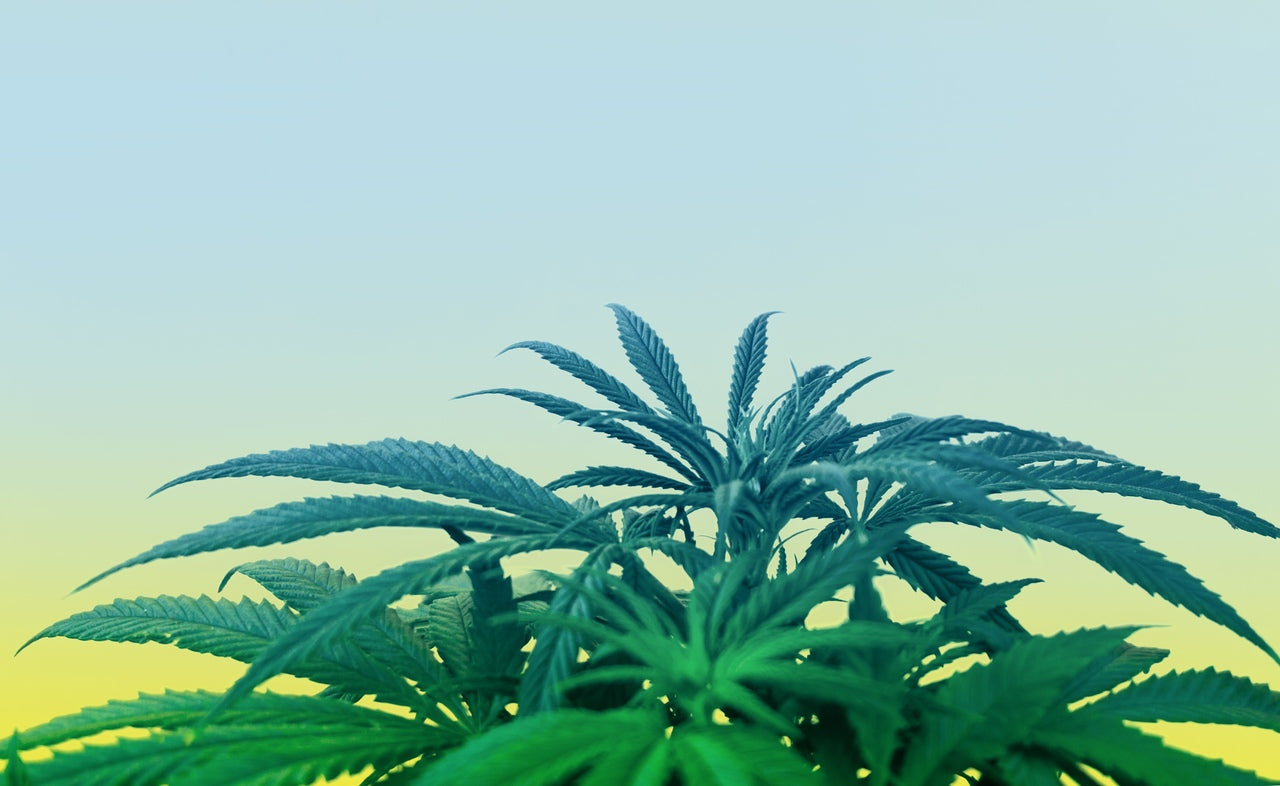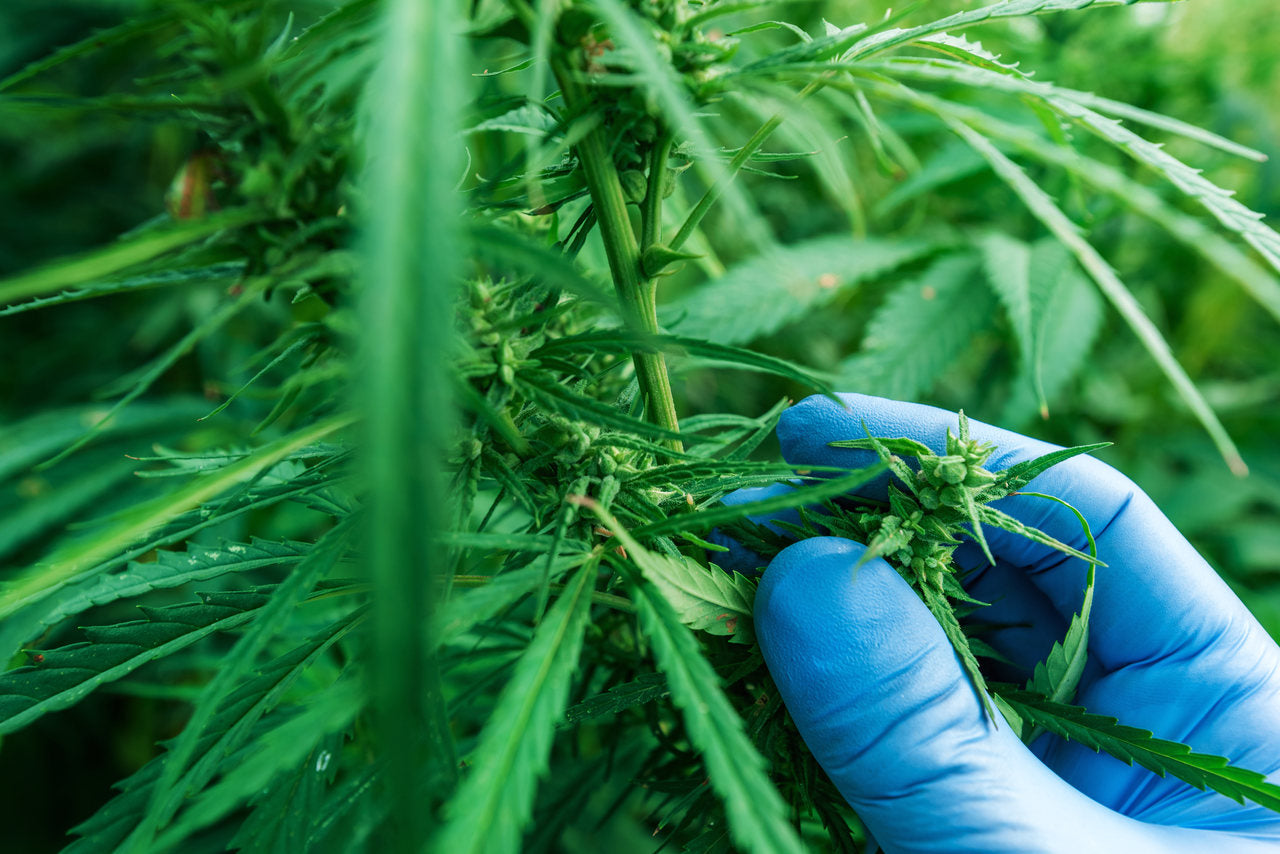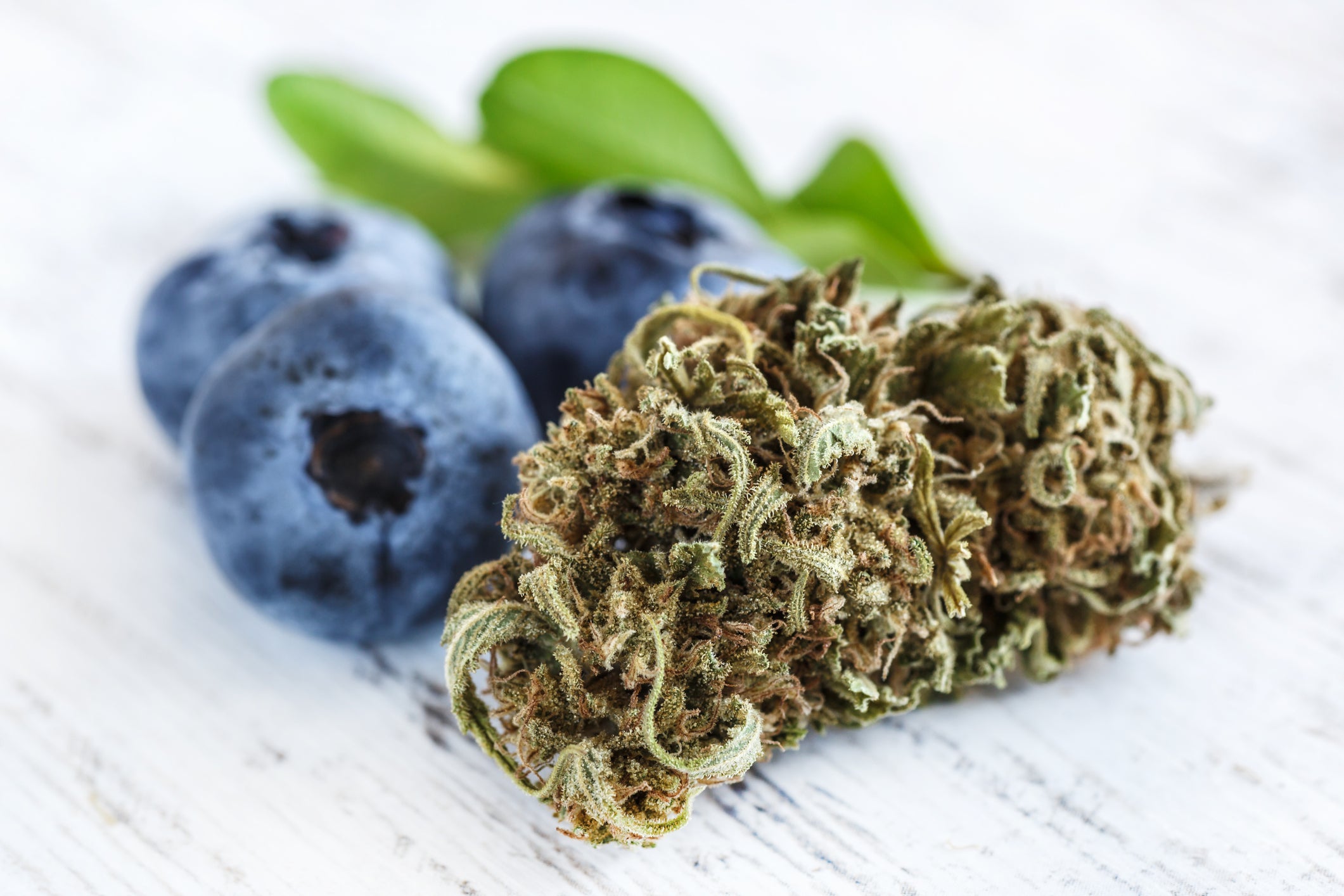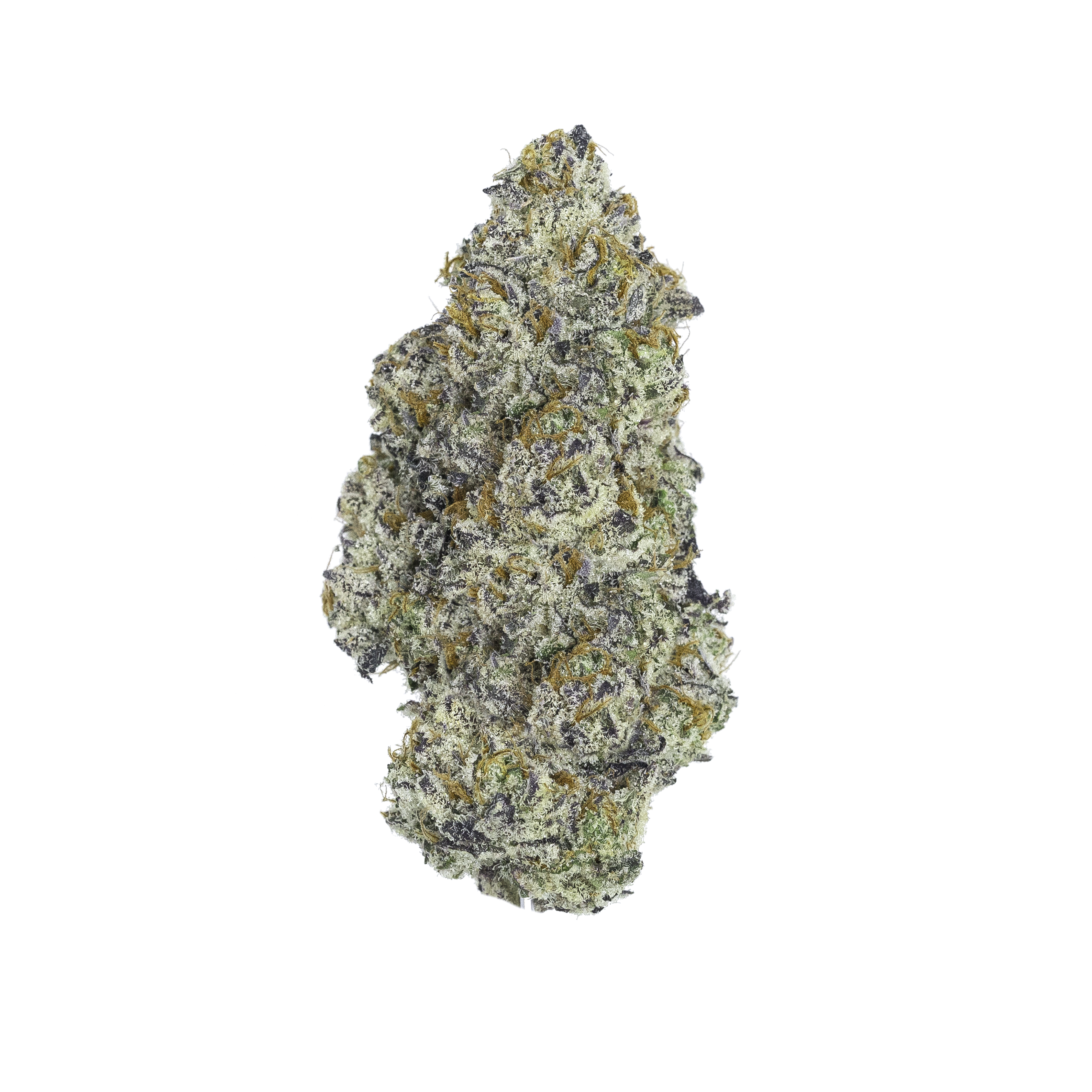Blue Razz Slushie Strain: Genetics, Terpenes, and Cultivation Insights
With a name inspired by nostalgic branding and deep-rooted genetics, the Blue Razz Slushie strain stands out in today’s crowded cannabis scene. This indica-leaning hybrid blends classic parent strains with modern cultivation techniques. In this guide, we explore the genetics, terpene profile, cultivation tips, and consumer insights that make Blue Razz Slushie a rising favorite among legacy users and new enthusiasts alike.

Blue Razz Slushie Strain Genetics
While its full origin story remains a bit elusive, Blue Razz Slushie is commonly understood to be a cross between Blue Razz (also called Blue Raspberry) and Blue Slush or Slushie. Blue Razz traces back to Raspberry Kush and carries forward distinct indica characteristics. Blue Slushie, on the other hand, combines genetics from Blue Cookies and a inspired hybrid.
These lineage patterns suggest the classic Blueberry strain likely plays a foundational role. This mirrors other iconic cultivars like Blue Dream, where the “Blue” family genetics contribute to aroma, structure, and popularity.
Note: Blue Razz Slushie refers only to its branding and genetic inspiration, not flavor or youth-oriented products.

Related Strains and Crosses
A closely related cultivar, Blue Razz Éclair, shares genetic similarities but shows unique traits in both aroma and structure. While not identical, it offers a helpful benchmark when assessing different phenotypes within the Blue Razz Slushie family.
Cannabinoid and Terpene Profile
THC levels in Blue Razz Slushie typically range from 18% to 30%, depending on cultivation methods and post-harvest care. Minor cannabinoids like CBG may be present in trace amounts.
Common terpenes found in this strain include:
- Myrcene – Earthy and herbal tones
- Caryophyllene – Warm and peppery layers
- Ocimene – Light floral accents
- Pinene – Subtle evergreen freshness
- Humulene – Woody, slightly bitter depth
The overall aroma profile leans herbal, musky, and occasionally gassy when properly cured. These traits also make Blue Razz Slushie a strong fit for live resin or solventless extract formats.

Cultivation Tips
Growers working with Blue Razz Slushie can expect moderately dense foliage and broad, indica-style leaves. This strain responds well to the following techniques:
- Low-stress training (LST) to increase airflow and light penetration
- Routine defoliation to manage humidity and reduce mold risk
- Controlled indoor environments with stable temperatures and RH
The flowering period usually falls between 8 to 10 weeks. Thanks to its trichome-heavy flower, Blue Razz Slushie is a favorite among hash makers and solventless extraction teams.

Harvest and Post-Harvest Notes
Monitor trichomes closely during the ripening window. For a well-rounded cannabinoid expression, many cultivators aim for a blend of cloudy and amber trichome heads. After trimming, cure buds in airtight containers at 58% to 62% relative humidity for 2 to 4 weeks to preserve aroma and appearance.
Market Trends and Consumer Insights
Blue Razz Slushie continues to gain attention for its rich terpene profile and recognizable genetics. It regularly appears in premium drops, limited-edition pre-rolls, and top-shelf vape options.
Common product formats include:
- Live resin pods and All-in-Ones
- Premium indoor eighths
- Small-batch pre-rolls
Its vibrant bag appeal and extraction potential make it a go-to choice for both flower connoisseurs and concentrate fans.
Lesser-Known Facts
- Some phenotypes express deep purple hues during late flowering, especially under cool night temperatures.
- The name draws more from branding tradition than literal flavor likeness.
- In select markets, Blue Razz Slushie is available only as a clone-only cut through verified cultivators.
FAQs
This depends on your region. In many cases, only clone versions are accessible through licensed breeders.
STIIIZY complies with all applicable state laws regarding the sale and marketing of cannabis products. This content is intended for adults 21+ in jurisdictions where cannabis use is legal under state law. By engaging with this material, you acknowledge that you are of legal age in your jurisdiction.
This content is for informational and educational purposes only. It is not intended to diagnose, treat, cure, or prevent any disease or medical condition. STIIIZY makes no health claims about cannabis products. Consult a licensed healthcare professional before using cannabis, especially if you are pregnant, nursing, or have a medical condition.
Cannabis products may affect individuals differently. Consume responsibly and avoid operating vehicles or machinery after use. STIIIZY disclaims all liability for any adverse effects, legal consequences, or misuse resulting from the use of our products or reliance on this content.
Cannabis laws vary by state and locality. This content does not constitute legal advice. Users are responsible for understanding and complying with their local regulations.
Statements about product effects or benefits are based on general industry knowledge and user experiences. Individual results may vary. STIIIZY does not guarantee specific outcomes.
References to third-party studies, testimonials, or external resources are provided for context only. STIIIZY does not endorse or validate these materials unless explicitly stated.
The views and opinions expressed in this blog are those of the author and do not necessarily reflect the official policy or position of STIIIZY.

